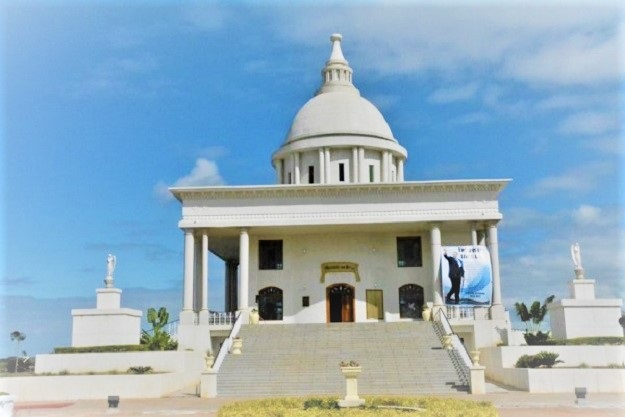Malawi is one of the countries in the eastern part of Africa with a rich culture. Its outer space belief in nature and supernatural core characterize its true African distinctiveness.
With over eight dynamic cultural groups scattered across all the 28 districts, the country’s cultural bond speaks volumes of words to its warm heartedness.
For many years, scholars and tourists from all corners of the world have been visiting Malawi just to see places like Mbona’s Khulubvi shrine in the Lower Shire district of Nsanje, Mtsakana rain shrine in the neighbourhood of group village headman Zimara, Traditional Authority Maseya in Chikhwawa District and Mbenje Island in Mangochi district have been used by ancestors to offer sacrifices to the spirits in times of drought or other calamities since 1500 AD.
Nonetheless the story about Mbona the rain making god and other shrines are not quite new to the country’s aboriginals with the exception of the young generation which may need the retell of this story.
For today, the story is about the Lhomwe tribe which of late has turned Late Bingu wa Mutharika’s beautiful Mausoleum (MPUMULO WABATA) at Ndata farm in Thyolo, as the home of their fathers spirits and a place for sacrifices.
The former Malawi president was until his death the founder and patron of the Lhomwe Cultural Heritage called Mulhako wa Lhomwe.
The Lhomwe tribe since its arrival in the country in 1444 from Ngulu Mountain in Mozambique, never had strong roots until 1915 when one Lewis Bandawe, brought an idea of forming a Lhomwe Union.
Bandawe’s idea did not go much far until 2008 when late Bingu revamped the idea of forming Lhomwe heritage.
However, the Lhomwe tribe that constitutes over 18 percent of the country’s population, second from Chewa tribe, never had a sacred place for sacrifices and special worship to their fallen fathers like other tribes but now tribe has established one.
When telling the history of the Lhomwe at a young conference the Lhomwe headquarters at Chonde in Mulanje district on the sidelines of the 2017 Mulhako wa Lhomwe annual festival, Blessings Makwinja who is the spokesperson for Paramount Chief Ngolongoliwa on cultural issues confirmed that the Lhomwe tribe is using ‘MPUMULO WABATA’ as their spiritual powerhouse.
“Every year, a day before Mulhako all elders are led by Paramount Chief Ngolongoliwa to Mutharika’s resting place to offer sacrifice, orders are that a night before the festival, all married elders are advised not to engage into conjugal rights in order to have their sacrifice accepted at Mpumulo wa Bata,” he said.
“When visiting the place everyone is advised to dress only in their lower half and then we match in a single line towards where we burn into ashes a sacrifice that we have prepared. Finally if a strong fragrance invades the whole place we are assured that the spirit of our ancestors have accepted the sacrifice,”Makwinja added.
One Soopa dancer (name withheld) confided in YFM online that the unexpected heavy downpour on 29th October that partly disturbed the 2017 Mulhako wa Alhomwe was a symbol that the spirits of Bingu and other ancestors had received their sacrifice.
Bingu has joined the gods.





